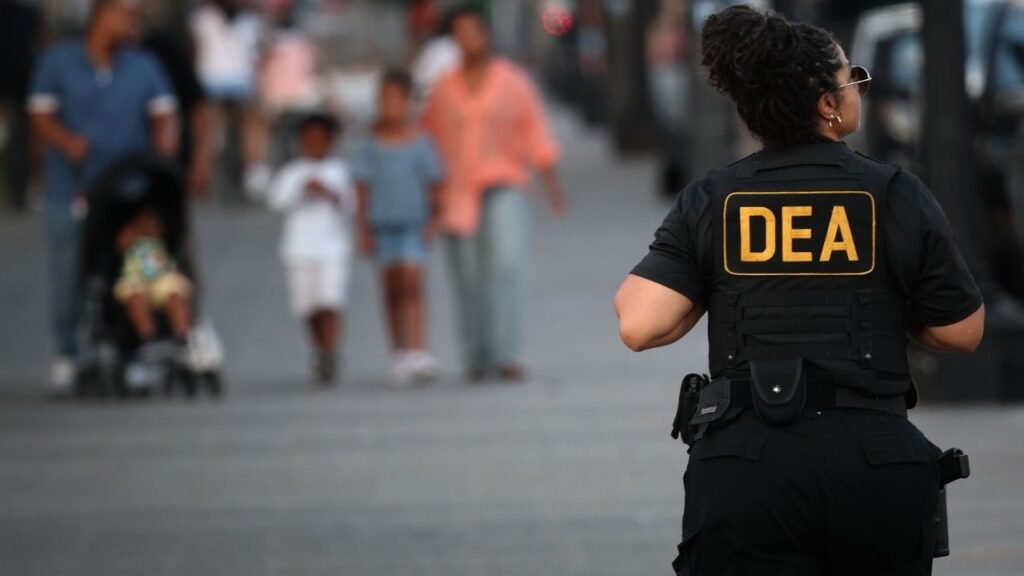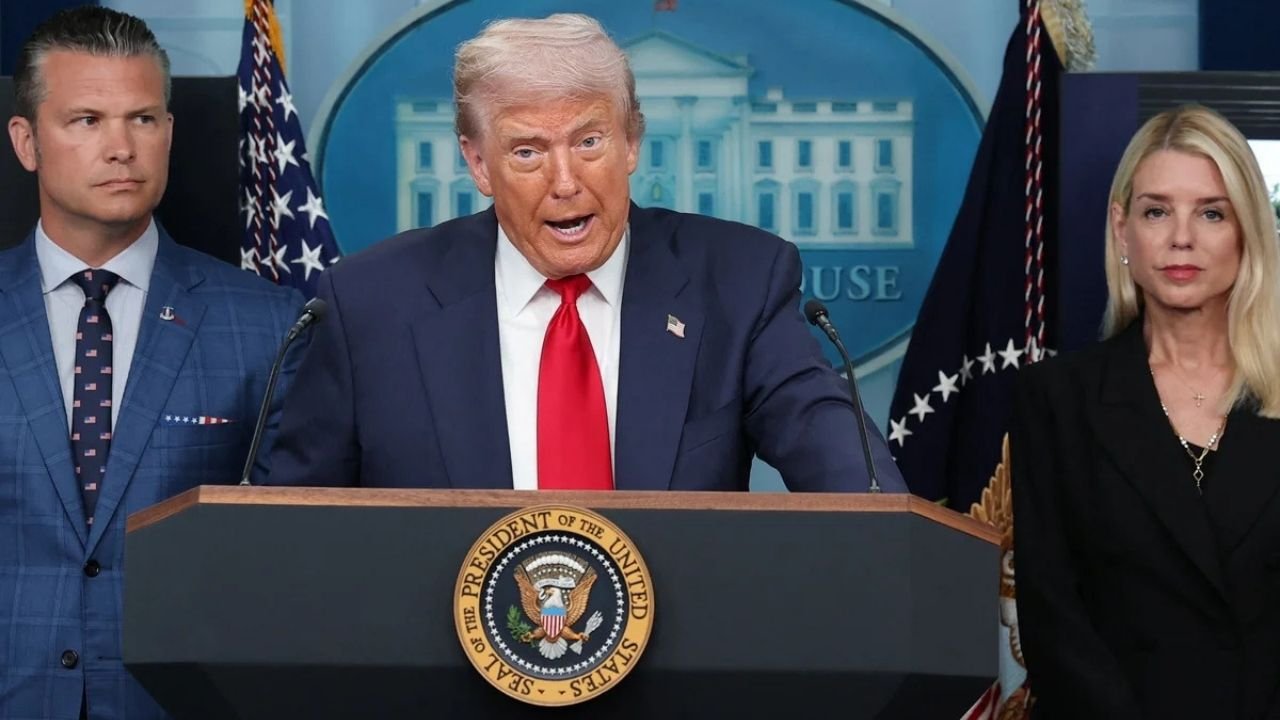On August eleven, 2025, President Trump invoked Section 740 of the Home Rule Act to federalize the Metropolitan Police Department and installation 800 National Guard troops to Washington, D.C., claiming a public safety crisis—consisting of growing crime and homelessness—as justification.
Yet, the records inform a exclusive tale. Violent crime in D.C. Is really at its lowest ranges in over 30 years, with a 26–35% drop when you consider that 2024. Critics—from D.C. Officers to civil rights agencies—denounce the crackdown as politically prompted and legally dubious.
Trump’s “Liberation Day”: Theater Over Threat
On August eleven, 2025, President Trump declared a public protection emergency in Washington, D.C., placing the Metropolitan Police Department underneath federal control, deploying 800 National Guard troops, and directing Attorney General Pam Bondi to oversee the police chief role.
Labeling it “Liberation Day,” Trump asserted D.C. Have been overtaken via crime and homelessness, positioning himself because the strongman restoring order. Yet a couple of facts resources inform a exceptional story: violent crime in D.C. Is at its lowest in a long time—down more or less 26% this year and at a 30-12 months low ultimate yr. This stark disconnect—among dramatic rhetoric and improving statistics—suggests that the crackdown serves extra as a political spectacle than a response to real public protection concerns.
Home Rule and Federal Overreach
Washington, D.C. Exists in a completely unique constitutional limbo: even as it has a nearby authorities, last authority still rests with Congress and, to an volume, the President. Under Section 740 of the Home Rule Act (1973), the President may assume control of D.C.’s police if an “emergency” exists—however have to notify Congress within forty eight hours, and Congress has 30 days to approve or revoke the action.
Trump invoked exactly this legal mechanism—but critics warn it’s being wielded not out of necessity, but as a politically motivated power grab. Local leaders condemned it:
- D.C. Attorney General Brian Schwalb called the move “unprecedented, unnecessary, and unlawful”.
- Delegate Eleanor Holmes Norton labeled it “a counterproductive, escalatory seizure of D.C.’s resources” and an assault on home rule.
- Mayor Muriel Bowser dismissed Trump’s framing as hyperbolic and false, emphasizing that crime is falling and that she supports local solutions.
The action threatens to erode the autonomy and democratic governance of the capital—especially troubling as D.C. lacks full representation in Congress.
A Stunt With History and Risk
Analysts warn that Trump’s actions echo authoritarian-style narratives where federal force is deployed under a false pretext to justify centralizing power. Political historian Richard Stengel remarked,
“Throughout history, autocrats use a false pretext to impose government control over local law enforcement as a prelude to a more national takeover.”
The Atlantic framed the move as more symbolic than substantive, noting the appointment of officials lacking police experience and suggesting the effort was more about showmanship than crime control. The AP also tied the rhetoric to a decades-old pattern of racialized “law-and-order” messaging directed at majority-Black or progressive cities.

The Broader Flat Out of Step
This federal intervention comes amid a backdrop of Trump’s broader efforts to consolidate control:
- An executive order in February declared the executive branch an extension of Trump himself, requiring loyalty tests for federal employees and politicizing civil service.
- Similar deployments occurred in cities like Los Angeles, where federal forces were used amid protests—moves that already raised alarms about escalating militarization of policing .
D.C.’s “crackdown” is consistent with this playbook: leverage perceived threats, deploy paramilitary or federal forces, and override local governance—all while spotlighting toughness.
What Could Go Wrong?
While some Republicans support Trump’s actions, pointing to recent violent incidents, Democrats are pushing back, with legislation likely to challenge the extension of federal control.
Yet the implications go deeper:
- Civil rights risks: Deployment of National Guard and FBI agents untrained for street law enforcement raises concerns about civilian abuses.
- Democratic erosion: Undermining D.C.’s autonomy could set a precedent for similar interventions in other cities, especially those governed by Democrats.
- Normalization of executive overreach: The framing of security threats—despite contrary data—normalizes preemptive federal control over local matters.
Conclusion: A Spectacle With Consequences
Trump’s Washington D.C. crackdown is undeniably a political stunt: high-dramatic phrases (“Liberation Day”), coordinated staging with National Guard and federal agencies, and messaging divorced from crime realities. But the results are some distance from theatrical. The pass raises essential questions about the stability among security and liberty, federalism versus neighborhood rule, and the integrity of democratic institutions.
Critics argue this act may just be the first scene in a broader narrative of authoritarian governance—one in which worry is synthetic, autonomy is curtailed, and spectacle serves as justification. As the 30-day federal takeover window ticks down, the battle in courts and Congress over D.C.’s future—and perhaps the future of American democracy itself—has only just begun.

